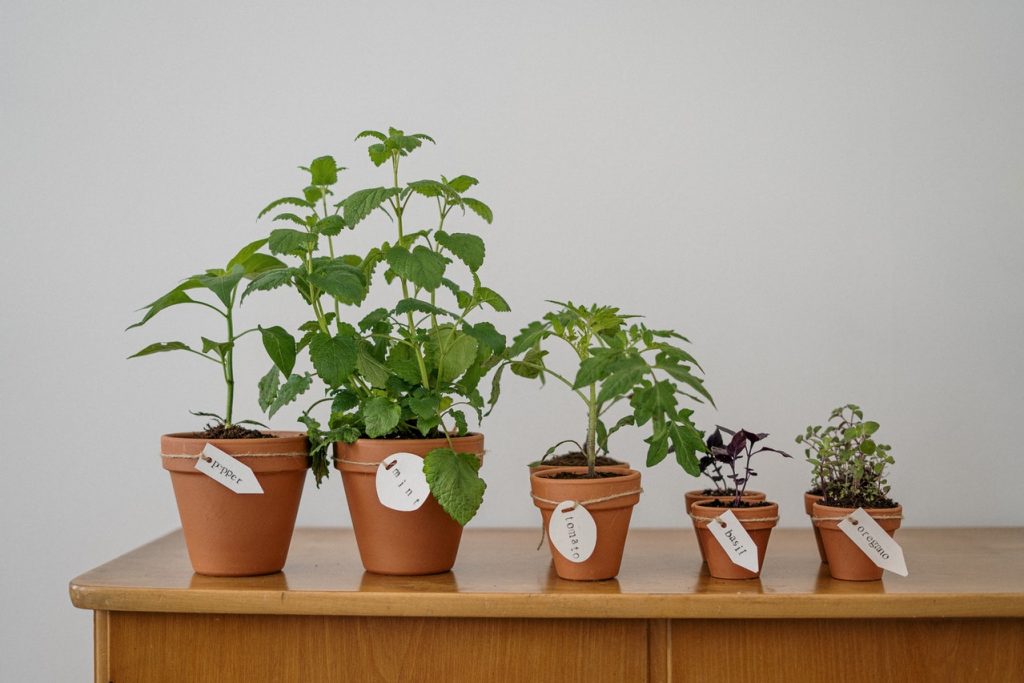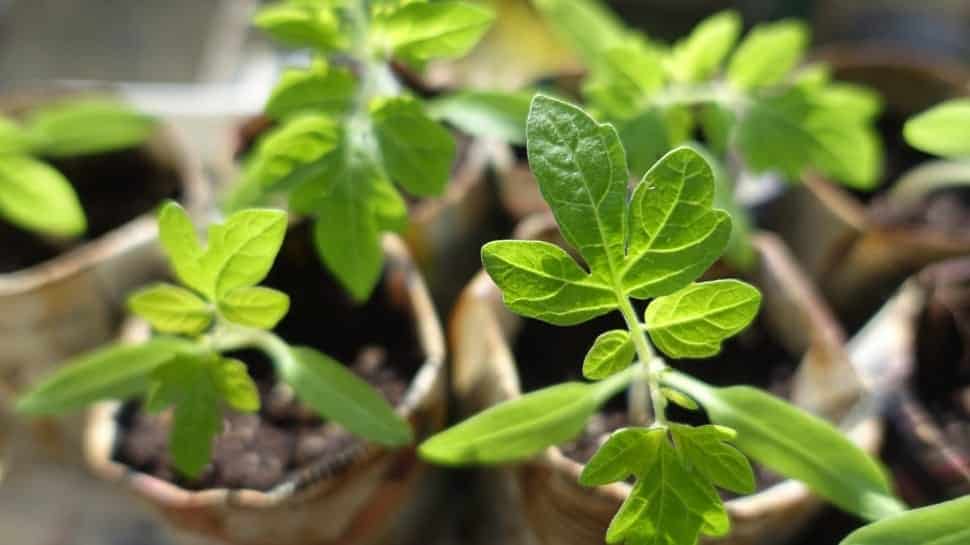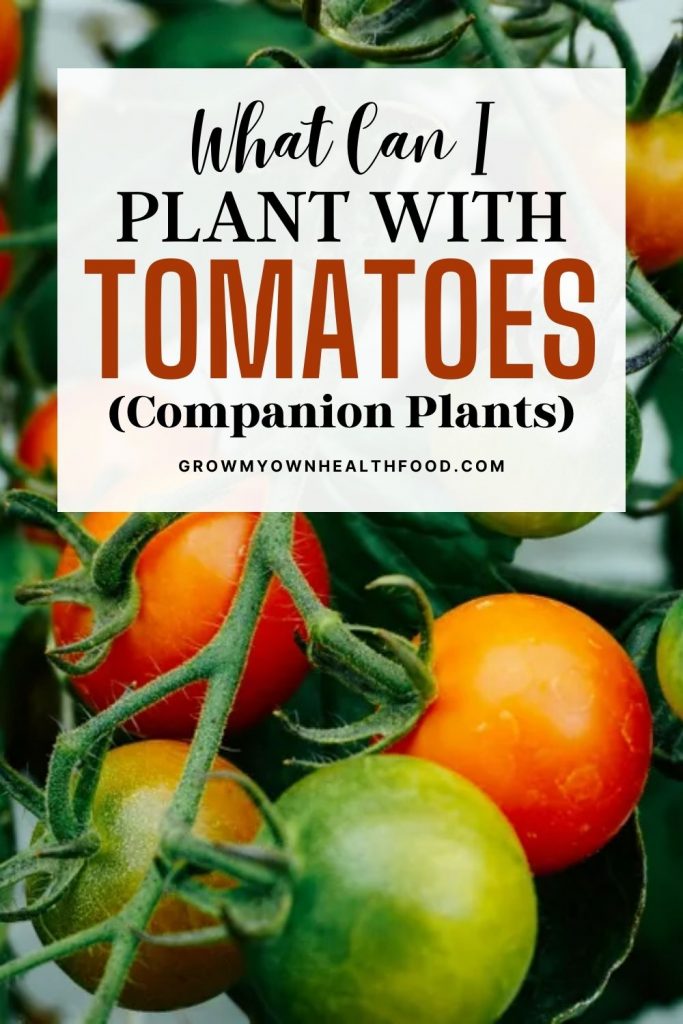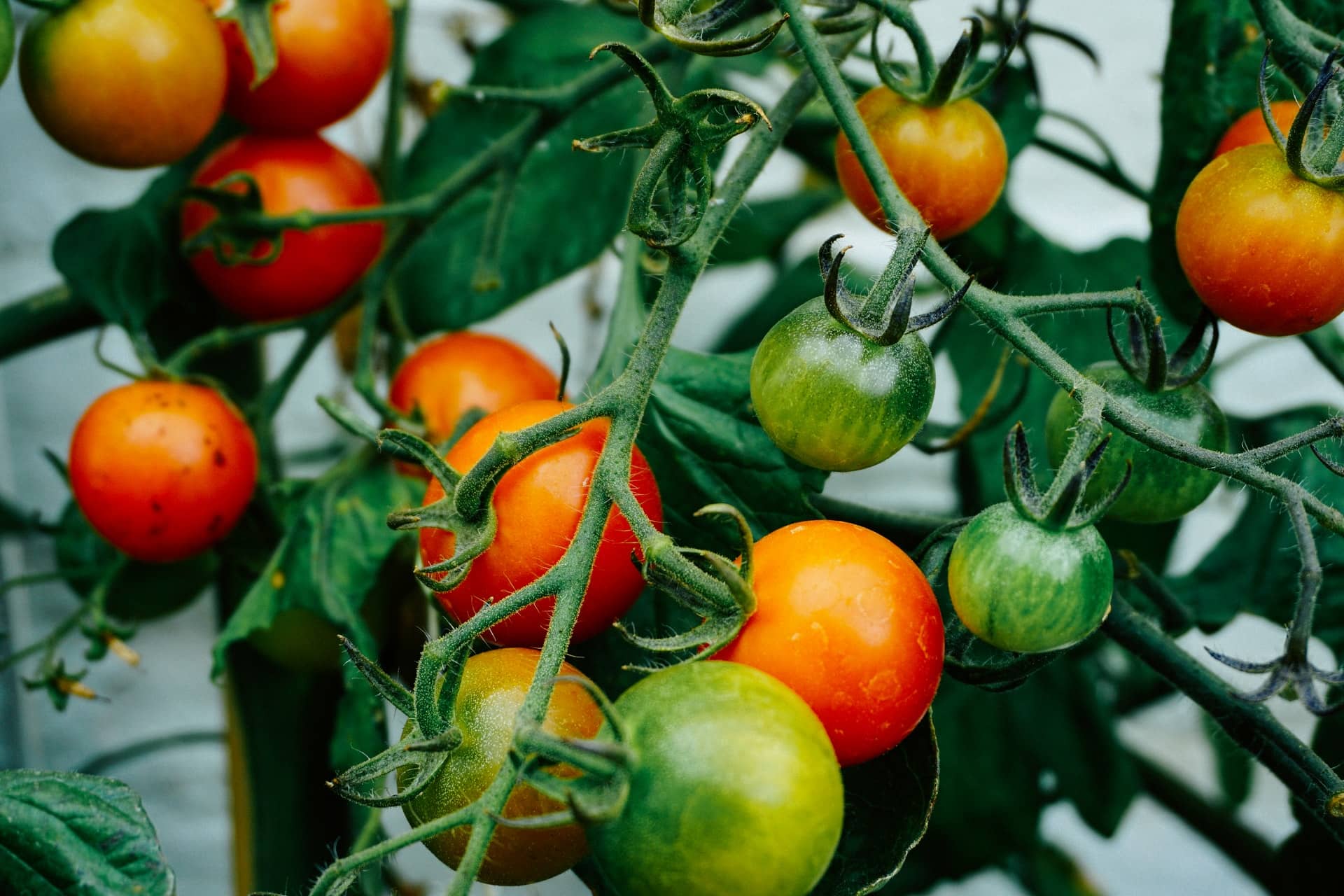Growing vegetables is a tricky business, but is also extremely rewarding. There are many hacks and techniques you need to know to keep your plants healthy. One such hack to make your plants thrive is companion planting. This type of planting is quite popular among gardeners where a few plants are grown in close proximity to each other. However, companion planting works best when you know which plants are good for each other as sometimes it can turn into a disaster if you match the wrong plants. If you are growing tomatoes in your garden, you need to know “What Can I Plant With Tomatoes?”. Essentially about the right companion plants for tomatoes to help them grow!
Companion Planting and Its Benefits
While your plants can thrive on some good potting mix or a grow light, sometimes a companion plant can also do wonders. Companion planting can reduce pressure in your garden especially if you have a small space. These plants then help each other absorb nutrients, repel bugs and even attract beneficial pollinators. Not only will your vegetables be healthier but you will also have a variety of plants added to your garden. Through the right companion planting, you can enhance the production and taste of your vegetable and fruits!
- Grows Plants Twice as Big (vs. unfed plants)
- Feeds up to 6 months
- More blooms for more color (vs. unfed plants)
- For indoor and outdoor container plants
Prices pulled from the Amazon Product Advertising API on:
Product prices and availability are accurate as of the date/time indicated and are subject to change. Any price and availability information displayed on [relevant Amazon Site(s), as applicable] at the time of purchase will apply to the purchase of this product.
- Blurples Light—Roleadro Grow light is an infrared grow light that is great for indoor plants.
- Higher PAR Value and Energy Saving—Unique 90 degree optical lens and Eplieds 10w chips design.
- Unique LED Bead and Zener Design—This plant light adopted led bead and zener design instead of the reflector.
Prices pulled from the Amazon Product Advertising API on:
Product prices and availability are accurate as of the date/time indicated and are subject to change. Any price and availability information displayed on [relevant Amazon Site(s), as applicable] at the time of purchase will apply to the purchase of this product.
Tomatoes and Its Companion Plants

Many people grow tomatoes as they are common garden plants. Tomatoes are not only a popular cooking ingredient but they also add to the beauty of the space. There is quite a variety of herbs, flowers, and vegetables that you can plant alongside tomatoes. It is quite manageable as you just have to plant the seeds in your garden bed and watch the magic happen!
- 100% USA HEIRLOOM,OPEN POLLINATED, NON HYBRID, raw, chemically Untreated garden vegetable seeds.
- PERFECT FOR SURVIVALIST, PREPPERS & EMERGENCY situations, Hurricanes, Tornadoes, Floods, Droughts War, Famine other natural disasters or acts of GOD.
- HARVEST 15,000 FRUITS & VEGETABLES FROM up to 3,000 SEEDS PER VARIETY SEED PACK.
Prices pulled from the Amazon Product Advertising API on:
Product prices and availability are accurate as of the date/time indicated and are subject to change. Any price and availability information displayed on [relevant Amazon Site(s), as applicable] at the time of purchase will apply to the purchase of this product.
Good Companion Plants for Tomatoes
If you need your plant to thrive, knowing about companion planting can help you. Here are some vegetables and herbs that you can plant with tomatoes!
- Asparagus
Asparagus and tomatoes have a relationship of give-and-take where asparagus clears the soil of root-knot nematodes. On the other hand, tomatoes repel asparagus beetles with the chemical solanine.
- Lettuce
Pairing plants that have different growth habits is called ‘intercropping’ and it can prove to be effective. If you plant lettuce with tomatoes, both will benefit from each other. Lettuce is also a great option if you have extra space to fill whereas tomatoes will provide lettuce the shade it needs to grow.
- Carrots
Carrots attract parasitic wasps and can control pests like hornworms etc. that can harm tomatoes. People also believe that planting carrots and tomatoes together can improve the flavor of both of them, so you will get best of the both worlds! While the carrots’ growth will be diminished, small carrots will be tastier than larger carrots.
- Garlic
Planting garlic in your garden protects tomatoes from red spider mites. Garlic also has an overwhelming smell that masks the smell of tomatoes so the pests are not attracted to it.
- Peas and Beans
Peas and beans are good for fixing nitrogen in the soil, which is great for plants like tomatoes. Bush beans can reduce fungal diseases because they help increase air circulation around the plant. Pole beans can be another good alternative if you have enough space around the tomatoes.
- Cucumber
Cucumber acts as mulch for tall plants such as tomatoes as it can retain soil moisture. If you have enough space, you should definitely plant cucumbers in your garden!
- Marigold
Marigold is a beautiful plant to have in your garden as it will add color to your space. Most importantly, it is a pest repellent and will protect tomatoes. According to research, marigold roots produce chemicals that can keep the root nematodes at bay. Marigolds also have medicinal properties so it would not hurt to plant some of them in your garden.
- Nasturtium
This plant not only beautifies the space it is planted in but also traps aphids. Nasturtiums are also edible so they can be used as decorative flowers on dishes or can be added to salads.
- Mint
Mint also attracts parasitic wasps and keeps the hornworms away. However, you need to be careful and plant the mint in its own container instead of directly in the garden bed as it can be invasive. After planting mint in a pot, you can place it near your tomatoes.
- CERAMIC WITH GOLD AND GREY DETAILING - This set of eccentric planters is a statement piece for all homes.
- DIFFERENT SIZES AND SHAPE - Each set comes two completely different pieces but utilizes the same colors so it harmonizes just perfectly!
- DIMENSION - Grey--W: 6.7 Inch, H: 6.1 Inch, Gold--W: 5.4 Inch, H: 5.2 Inch.
Prices pulled from the Amazon Product Advertising API on:
Product prices and availability are accurate as of the date/time indicated and are subject to change. Any price and availability information displayed on [relevant Amazon Site(s), as applicable] at the time of purchase will apply to the purchase of this product.
- Thyme
According to a study, if planted together, thyme can reduce insect damage to tomatoes. While thyme lives for more than 2 years, it is always a good idea to replant it near the tomatoes after every few years.
- Basil
Basil is the best plant you can grow with tomatoes as it has a strong smell. This smell can help protect tomatoes from pests. Tomatoes are also at risk from armyworms and hornworms which can be deterred if you plant basil near the tomatoes. Other than that, basil can also repel fruit flies and mosquitos. It is believed that planting basil can also enhance the taste of tomatoes. From the cooking point of view, planting basil will also provide you with an extra ingredient for your summer dishes!
- Parsley
Parsley attracts useful insects like parasitic wasps which prey upon pest insects and keep the plants safe.
- Lemon Balm
Lemon balm is yet another herb that has a high scent and acts as a natural insect repellant. In addition to that, lemon balm is also an antimicrobial and protects plants from bacterial and fungal diseases.
Plants You Should Keep Away From Tomatoes

Knowing about bad companion plants is also useful so you do not accidentally plant them near tomatoes.
- Eggplant and Peppers
These plants are susceptible to blight, and therefore, can put tomatoes at risk. The foliage of these plants also attracts hornworms which can destroy plants.
- Cabbage Family
The plants included in the cabbage family stunt the growth of tomatoes.
- Corns
Corn earworms are the same as tomato fruit worms which makes corn a bad companion plant for tomatoes. Planting corn with tomatoes can result in a ruined garden.
- Fennel
Fennel roots release a chemical that can inhibit the growth of not only your tomatoes but other garden plants as well.
- Walnuts
Walnut trees release an allelopathic chemical which is why planting tomatoes under them would be destructive. Tomatoes can also suffer from walnut wilt disease. Planting vegetables and taking care of them is a job that needs to be taken seriously. When it comes to planting tomatoes, there are plenty of things that can go wrong. Nature has a way of sustaining itself and different plants with different properties can impact one another. Finding the correct plants to compliment your tomatoes will go a long way. Bottom line is, if you have tomatoes growing in your garden, then you must consider companion planting as it can positively affect your vegetables!











